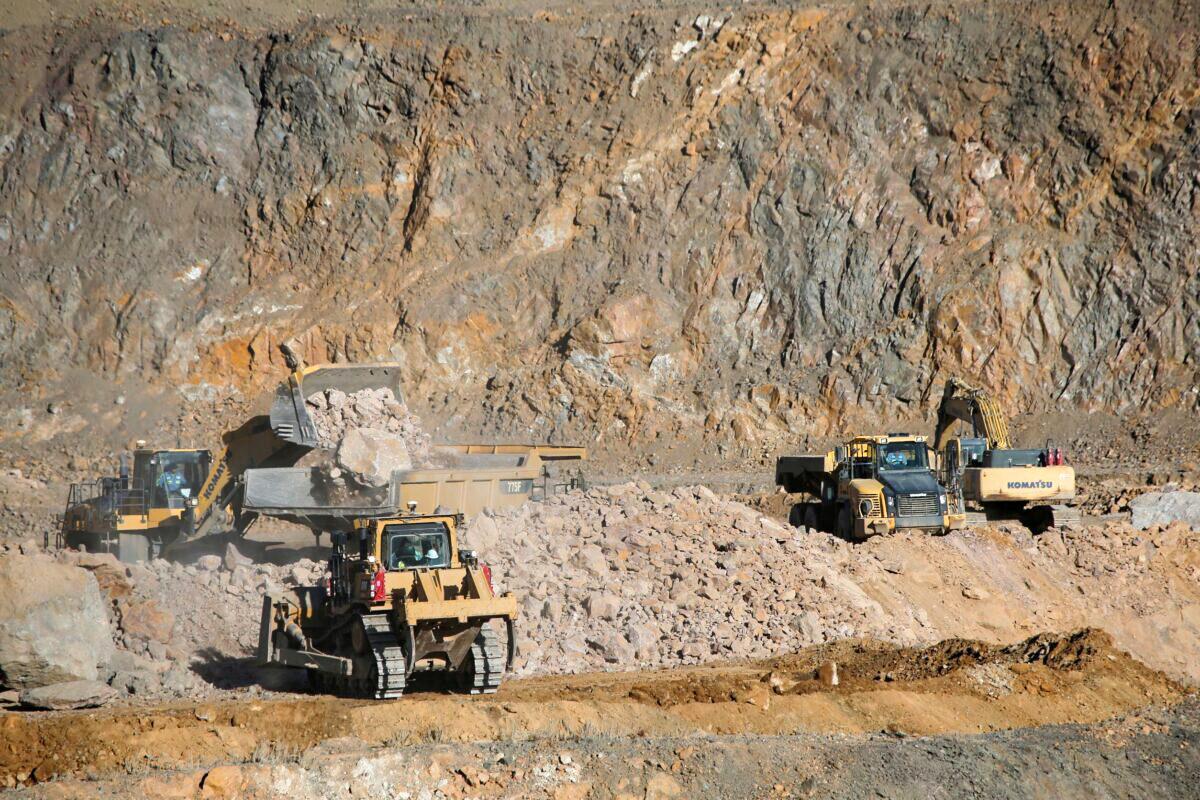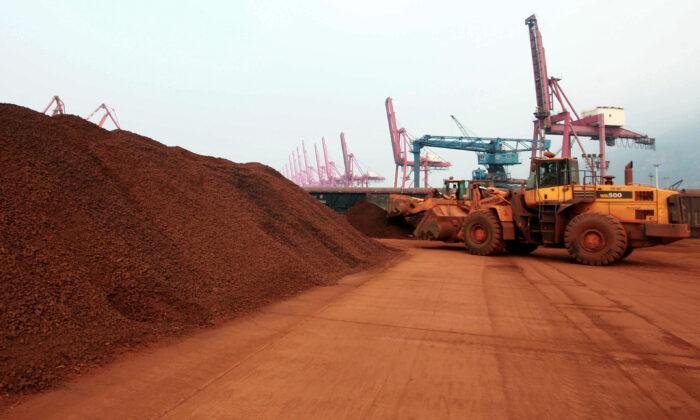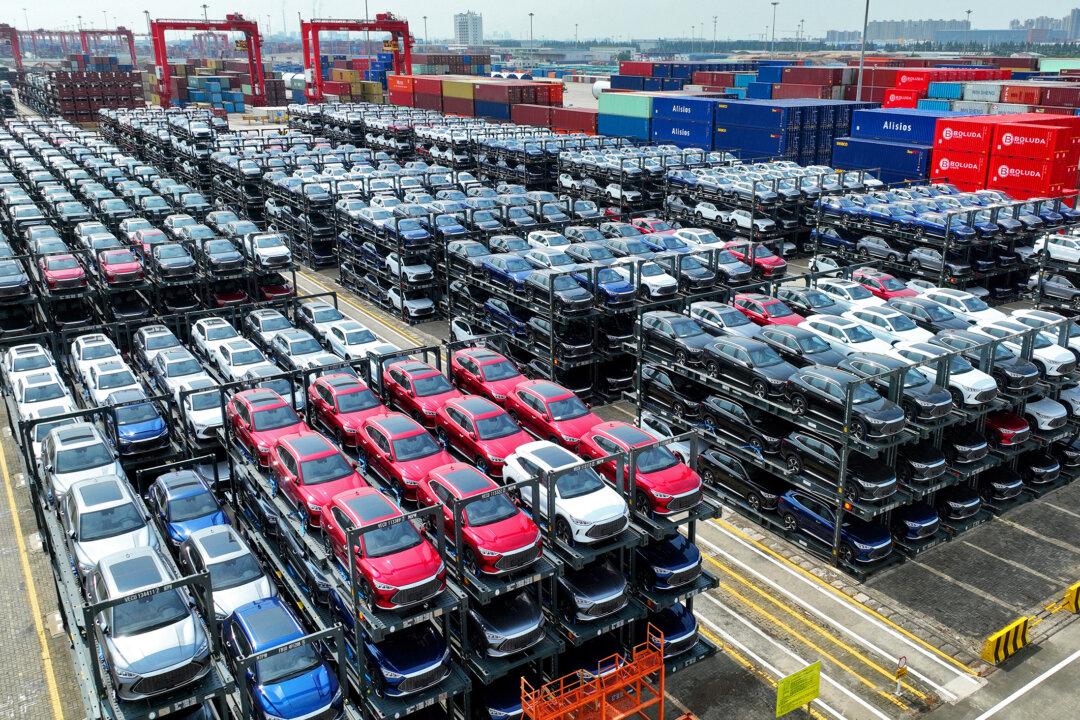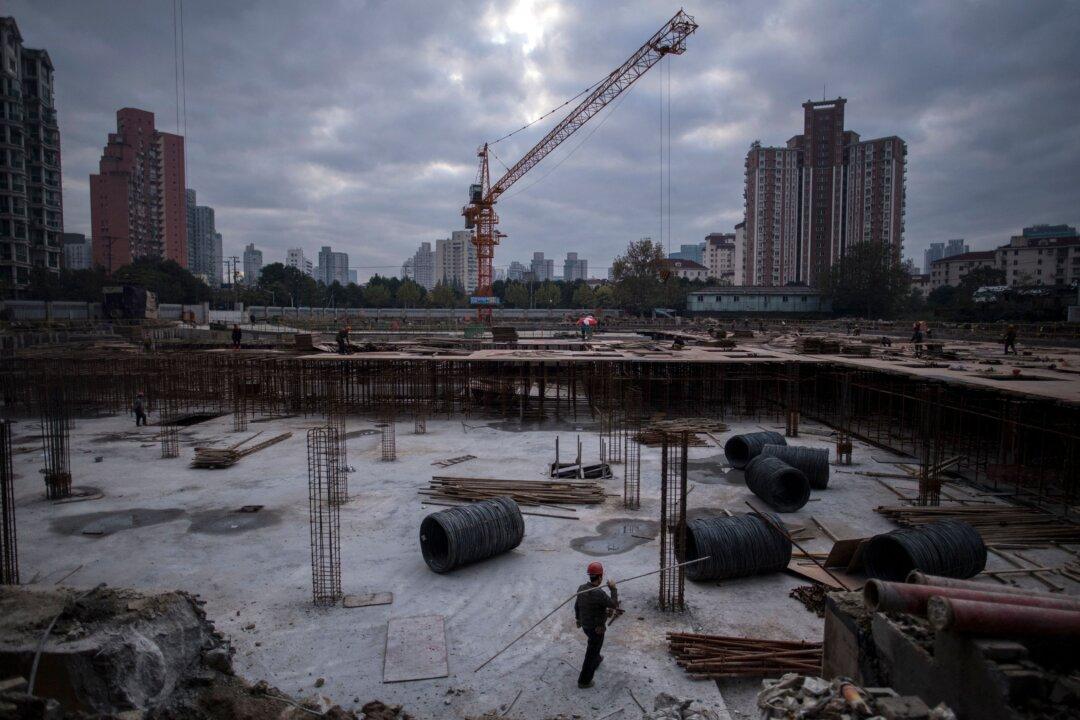Chinese leader Xi Jinping and others among Beijing’s leadership enjoy reminding the world of China’s cultural legacy, particularly how it values patience and takes the long view.
A classic illustration comes from a comment by former leader Deng Xiaoping some years ago. When France’s ambassador to China asked him whether he thought the French Revolution of 1789 had been successful, Deng replied that it was “still too early to tell.”
But Beijing’s recent behavior suggests that the Chinese Communist Party (CCP) has lost track of these virtues and has turned to bullying and pressure to achieve its immediate goals. Beijing would do well to return to its cultural roots, for impatience and bullying have gotten China nowhere, while at the same time, they have harmed the nation’s long-term prospects.
This unfortunate turn showed how Beijing has lashed out at the United States, Japan, and especially Australia, threatening to cut off their supply of rare earth elements. Since China controls more than two-thirds of global production, and these elements are crucial to modern technologies, such a cutoff could significantly harm these economies.
But in the long run, such a cutoff would encourage users to find other sources, and these exist. China would lose a major portion of what today are lucrative trading arrangements while earning the enmity and distrust of more than just these three nations.
Indeed, it is strange that China would consider such policies, whether with rare earth elements or any other goods. All such efforts in the past have not only failed to achieve Beijing’s objectives, but they have also impelled more movement away from China trade, either sourcing in China or viewing it as an attractive market.

A noteworthy example is Beijing’s 2010 effort to deny Japan rare earth products over the long-standing dispute about control of unpopulated islands in the East China Sea—the Senkaku in Japanese and Diaoyu Dao in Chinese. Beijing blocked sales to Japanese users after a particularly hot exchange between ships from Japan’s navel self-defense force and Chinese fishing vessels.
Japan’s only concession was to turn down the heat in the dispute. Japan did not relinquish its claims to the islands and now actively warns other trading nations of how unreliable a trading partner China is, including recent warnings from Japan’s Ambassador to Australia, Yamagami Shingo.
More recently, the CCP has tried similar bullying tactics with Australia, also to no avail. Angered by Australia’s desire to investigate the cause of the COVID-19 pandemic, Beijing imposed an array of quotas and huge tariffs on Australian goods coming into China, especially metals, energy, and agricultural products. Part of that effort included an 80 percent tariff on Australian barley.
But none of these efforts to punish the Australian economy got what Beijing wanted. The government in Canberra refused to back down in its efforts to find the origin of the disease, and Australian producers found other markets for their goods and relatively quickly, too.
Now with the loss of Ukrainian and Russian grain from world markets, Australian agriculture has less need than ever for China’s markets. The only lasting effect Beijing managed in the exchange was to earn Australian enmity and a more general distrust of China as a trading partner.
Now in 2022, Beijing is trying such tactics again. In response to military cooperation between the United States, the United Kingdom, Australia, and Japan, the CCP has threatened to cut off supplies of rare earth elements. Washington’s warnings to Beijing about helping Russia evade sanctions have also contributed to China’s desire to hurt the United States.
There can be little doubt that if China were to go through with such plans, it would exacerbate already troublesome supply chain issues. But for the long run, such a cutoff would encourage these major buyers to shift away from China and take a lucrative source of trade with them.
And there are alternatives to Chinese rare earth sources. The fact is that rare earth elements are not very rare. They exist in many places on the globe. The only reason China presently has a near-monopoly is that the refining of these elements is very hard on the environment, and richer economies prefer to offload such environmental destruction to China.
But if Beijing forces the issue as it has threatened, the need for these products will force these other nations to change their priorities. China will lose its present near-monopoly and earn the distrust and enmity of others relatively quickly in the grand scheme of things.
China would do well to recapture its cultural heritage and spend more time taking the longer view than it has of late. Rather than excuse its own mistakes by pointing out America’s, Beijing might learn from others’ mistakes and its own in this regard. However, given Beijing’s behavior in recent years, China’s leadership seems unlikely to take the lesson. In this regard, it seems ineducable.






Friends Read Free